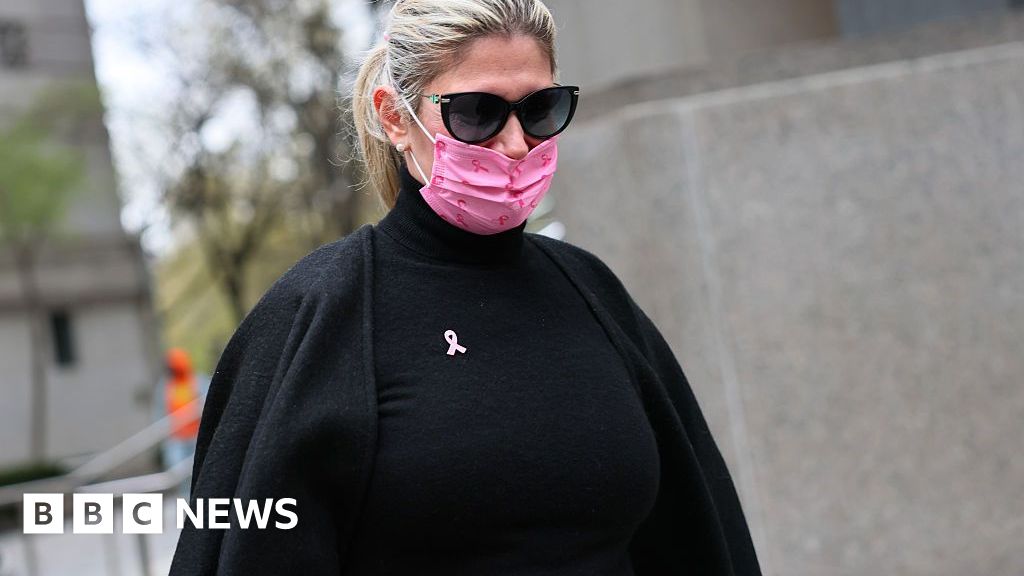ARTICLE AD BOX
Madeline Halpert
BBC News, New York
Health Secretary Robert F Kennedy Jr is set to announce a ban on certain artificial food dyes in the US, according to a statement from the health agency.
Kennedy plans to announce the phasing out of petroleum-based synthetic dyes as a "major step forward in the Administration's efforts to Make America Healthy Again" the US Department of Health and Human Services (HHS) said on Monday.
No exact dates for the changes were provided, but HHS said Kennedy would announce more details at a news conference on Tuesday.
The dyes - which are found in dozens of foods, including breakfast cereals, candy, snacks and beverages - have been linked to neurological problems in some children.
On the campaign trail alongside Donald Trump, Kennedy last year pledged to take on artificial food dyes as well as ultra-processed foods as a whole once confirmed to lead to top US health agency.
The move comes after the Food and Drug Administration (FDA) earlier this year banned one dye, Red Dye 3, from US food and pharmaceuticals starting in 2027, citing its link to cancer in animal studies. California banned the dye in 2023.
Most artificially coloured foods are made with synthetic petroleum-based chemicals, according to nutrition nonprofit Center for Science in the Public Interest, which says the dyes are used to make junk foods more colourful and attractive to children.
Some of the petroleum-based food dyes include Blue 1, used in candy and baked goods; Red 40, used in soda, candy, pastries and pet food; and Yellow 6, also used in baked goods and drinks. Synthetic food dyes are found in dozens of popular foods including M&M's, Gatorade, Kool-Aid and Skittles.
Companies have found ways to eliminate many of the dyes in other countries, including Britain and New Zealand, said former New York University nutrition professor Marion Nestle.
For example, in Canada, Kellogg uses natural food dyes like carrot and watermelon juice to colour Froot Loops cereal, despite using artificial dyes in the US.
How harmful the synthetic dyes are is debatable, said Ms Nestle.
"They clearly cause behavioural problems for some - but by no means all - children, and are associated with cancer and other diseases in animal studies," she said.
"Enough questions have been raised about their safety to justify getting rid of them, especially because it's no big deal to do so," she added. "Plenty of non-petroleum alternative dyes exist and are in use."
In 2008, British health ministers agreed to phase out six artificial food colourings by 2009, while the European Union bans some colourings and requires warning labels on others.
In recent months, Kennedy's food-dye ban has found momentum in several state legislatures. West Virginia banned synthetic dyes and preservatives in food last month, while similar bills have been introduced in other states.

 10 hours ago
4
10 hours ago
4








 English (US) ·
English (US) ·